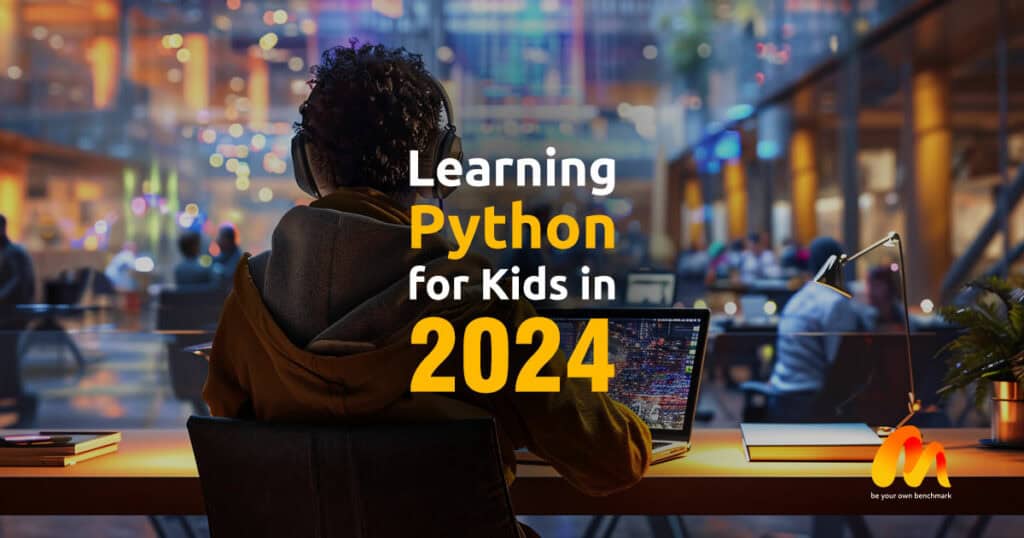PYTHON CODING
In the digital age, coding has become an essential skill, much like reading and writing. As we look ahead to 2024, the significance of coding for children is more pronounced than ever. Among the various programming languages, Python stands out as an excellent choice for young learners. This blog explores the myriad benefits of learning Python for kids, why Python is in demand, and the overall advantages of coding for children.


Why Python?
Before delving into the benefits, it’s essential to understand why Python has become a preferred language for teaching kids to code. Python is known for its simplicity and readability, making it accessible to beginners. Its syntax is clean and easy to understand, closely resembling the English language, which helps reduce the learning curve for new programmers. Additionally, Python is versatile and powerful, used in various fields such as web development, data science, artificial intelligence, and more. This versatility opens up numerous possibilities for learners, making Python a practical and valuable skill to acquire.
Benefits of
Learning Python for Kids
1. Enhanced Problem-Solving Skills
Learning Python coding helps children develop strong problem-solving skills. Coding requires logical thinking, breaking down complex problems into smaller, manageable parts. This analytical approach is beneficial not only in programming but also in other areas of life and academics. Kids learn to think critically and creatively, finding efficient solutions to challenges.
2. Improved Academic Performance
Studies have shown that learning to code can enhance children’s academic performance, particularly in subjects like math and science. Python Coding reinforces concepts such as algebra, geometry, and logical reasoning. By working on coding projects, kids apply these mathematical principles in practical scenarios, deepening their understanding and improving their grades.
3. Boosted Creativity
Python coding provides a platform for kids to express their creativity. Whether it’s developing a game, creating a website, or automating a task, coding allows children to bring their ideas to life. This creative outlet not only makes learning fun but also encourages kids to experiment and innovate.
4. Building Perseverance
Python Coding often involves debugging and problem-solving, teaching kids to persevere through challenges. They learn that failure is a part of the learning process and that persistence leads to success. This resilience is a valuable life skill that helps them tackle obstacles with a positive attitude.
5. Preparation for the Future
In today’s technology-driven world, Python Coding is a fundamental skill that opens up numerous career opportunities. By learning Python Coding at a young age, children are better prepared for future academic pursuits and job markets. Python is widely used in various industries, from tech to finance to healthcare, making it a valuable skill for future careers.
6. Improved Communication Skills
Pyhton Coding teaches kids how to communicate complex ideas clearly and concisely. They learn to write code that others can read and understand, which improves their ability to convey information effectively. This skill is particularly important in collaborative environments, where clear communication is crucial.
7. Enhanced Attention to Detail
Programming requires meticulous attention to detail. A single error in the code can cause a program to fail, teaching kids to be thorough and precise. This attention to detail can be beneficial in various aspects of life, from academics to daily tasks.
8. Accessibility and Community Support
Python’s popularity means there is a wealth of resources available for learners. Online tutorials, forums, and communities provide support and guidance, making it easier for kids to learn and troubleshoot problems. This accessibility ensures that children have the help they need to succeed.
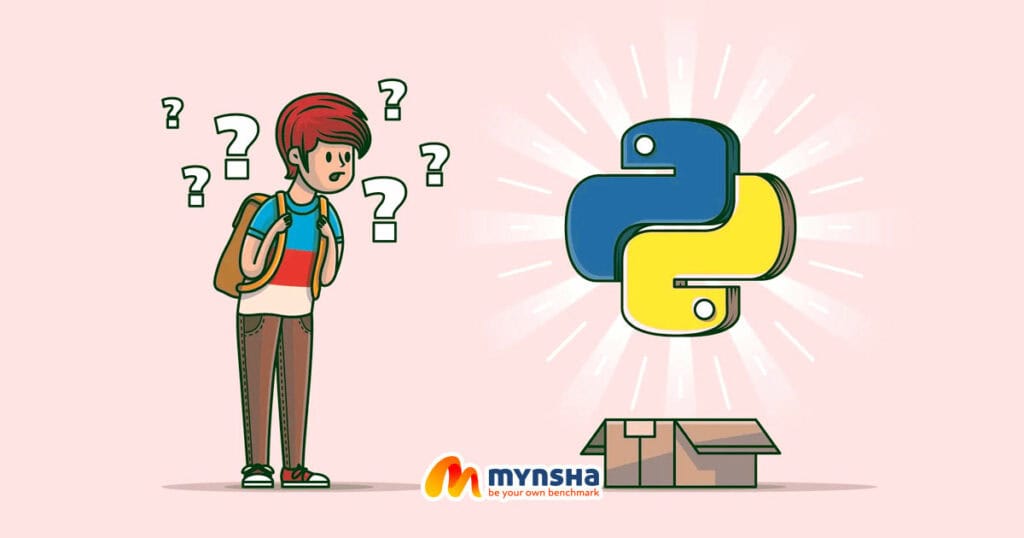
Why Python is in Demand

Versatility & Application
Python’s versatility is one of the key reasons for its high demand. It is used in a wide range of applications, from web development and data analysis to artificial intelligence and machine learning. This broad applicability makes Python coding an essential skill in various industries, ensuring its relevance in the job market.
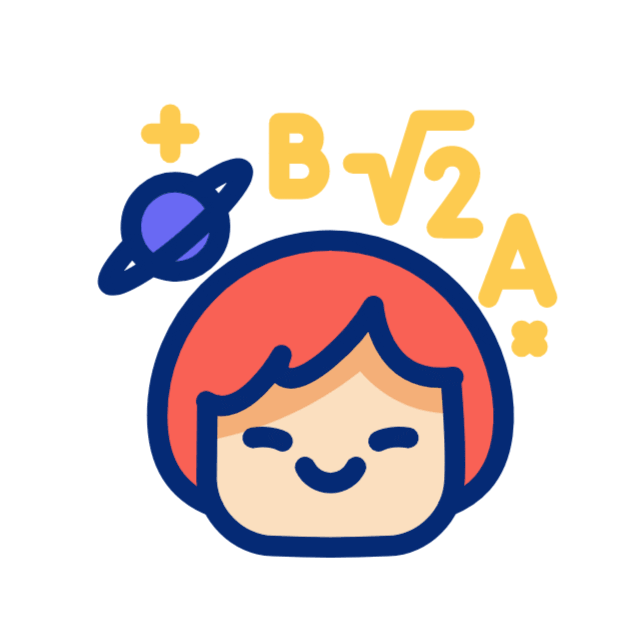
Ease of
Learning
Python’s simple and readable syntax makes it an ideal language for beginners. Its ease of learning has contributed to its widespread adoption in educational institutions and coding boot camps. This simplicity does not compromise its power, making Python coding suitable for both beginners and experienced programmers.
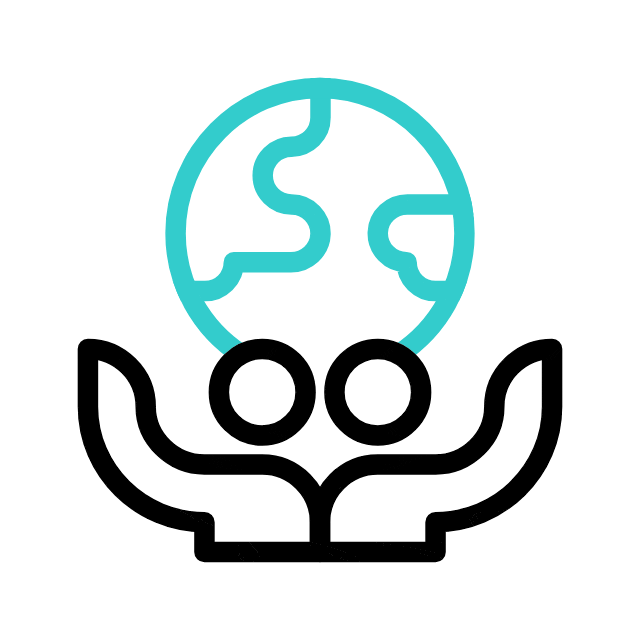
Strong
Community
Python coding boasts a large and active community of developers and enthusiasts. This strong community support means there are plenty of resources, tutorials, and libraries available. Developers can find solutions to problems quickly, making Python a preferred language for both learning and professional development.
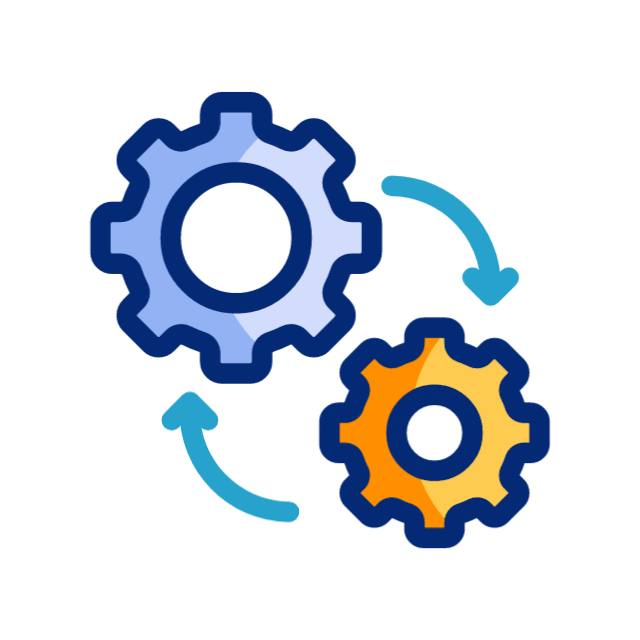
Integration with Other Technologies
Python coding integrates seamlessly with other technologies and programming languages. It can be used in combination with C, C++, and Java, among others, allowing developers to leverage the strengths of multiple languages. This interoperability enhances Python’s utility and appeal in diverse projects.
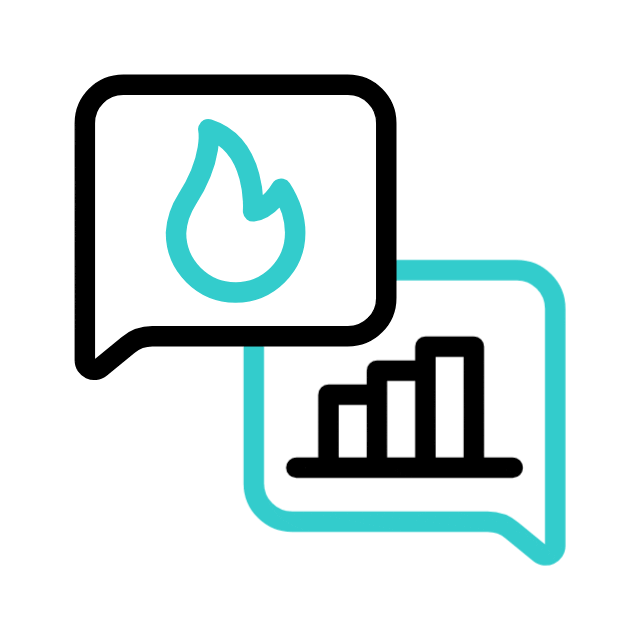
Growing Use in Emerging Fields
Python is at the forefront of emerging fields like artificial intelligence, machine learning, and data science. Its robust libraries, such as TensorFlow and PyTorch for AI, and Pandas and NumPy for data analysis, make Python the go-to language for cutting-edge research and development. As these fields continue to grow, the demand for Python Coding skills will only increase.

Support for Automation
Python Coding boasts a large and active community of developers and enthusiasts. This strong community support means there are plenty of resources, tutorials, and libraries available. Developers can find solutions to problems quickly, making Python a preferred language for both learning and professional development.
Advantages of
Coding for Children
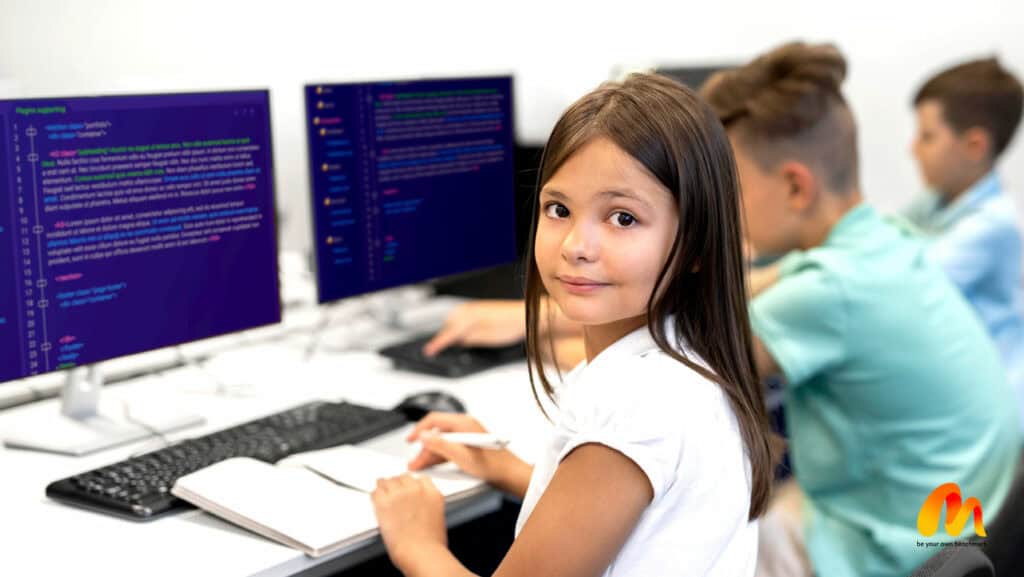
1. Early Exposure to Technology
In a world increasingly driven by technology, early exposure to coding gives children a head start. They become familiar with the digital tools and platforms that shape our daily lives, preparing them for a future where tech literacy is essential.
2. Career Opportunities
The tech industry offers numerous high-paying job opportunities. By learning to code, children open doors to careers in software development, data science, cybersecurity, and more. These fields are expected to grow, providing job security and opportunities for advancement.
3. Confidence Building
Successfully writing and running code boosts children’s confidence. They gain a sense of accomplishment and pride in their abilities, encouraging them to take on new challenges and pursue their interests with enthusiasm.
4. Enhanced Logical Thinking
Coding teaches logical thinking and structured problem-solving. Children learn to break down tasks into smaller steps, sequence actions logically, and anticipate outcomes. These skills are valuable in academics and everyday decision-making.
5. Collaboration and Teamwork
Many coding projects involve teamwork, teaching children to collaborate and communicate effectively. They learn to share ideas, give and receive feedback, and work together to achieve common goals. These collaborative skills are essential for success in any field.
6. Financial Literacy
Coding can introduce children to financial literacy concepts. For example, they might create budgeting apps or games that teach money management. Understanding the basics of finance through coding projects can help children develop responsible financial habits.
7. Understanding of the Digital World
Coding provides insight into how digital technologies work. Children learn about the underlying principles of software, hardware, and the internet. This understanding demystifies technology and empowers children to navigate the digital world confidently.
8. Encouragement of Lifelong Learning
The field of technology is constantly evolving, encouraging lifelong learning. Children who start coding early develop a growth mindset, staying curious and eager to learn new skills and technologies as they emerge.
9. Environmental Awareness
Coding projects can be designed to promote environmental awareness. For example, children can create apps that track energy usage or simulate the impact of recycling. These projects teach children about sustainability and the importance of protecting the environment.
10. Empowerment and Creativity
Coding empowers children to create their own solutions to problems. They can develop apps, games, websites, and more, using their creativity to make a positive impact. This sense of empowerment fosters innovation and a proactive approach to challenges.


The importance of coding for children is undeniable. Python, with its simplicity, versatility, and strong community support, is an ideal language for young learners. The benefits of learning Python go beyond coding, enhancing problem-solving skills, creativity, and resilience. By equipping children with these skills, we prepare them for a future filled with opportunities and challenges. Whether they pursue careers in technology or apply their coding skills to other fields, learning Python sets the foundation for lifelong success and growth.
At Mynsha Learning, we are committed to providing high-quality Python coding courses for kids. Our experienced tutors, engaging curriculum, and supportive learning environment ensure that children not only learn to code but also develop a love for learning and exploration. Join us in nurturing the next generation of innovators and problem-solvers. Explore our courses today and give your child the gift of coding.
FOLLOW US ON FACEBOOK, INSTAGRAM & LINKEDIN for regular updates.
#Python #BrainDevelopment #PythonCoding #CognitiveDevelopment #EarlyLearning #ChildDevelopment #EducationalTools #LearningJourney #MemoryImprovement #CodingForKids #ParentingTips #ChildhoodEducation #HolisticDevelopment #STEMeducation #LearningIsFun #EducationReform #Homeschooling #PythonCodingForKids

